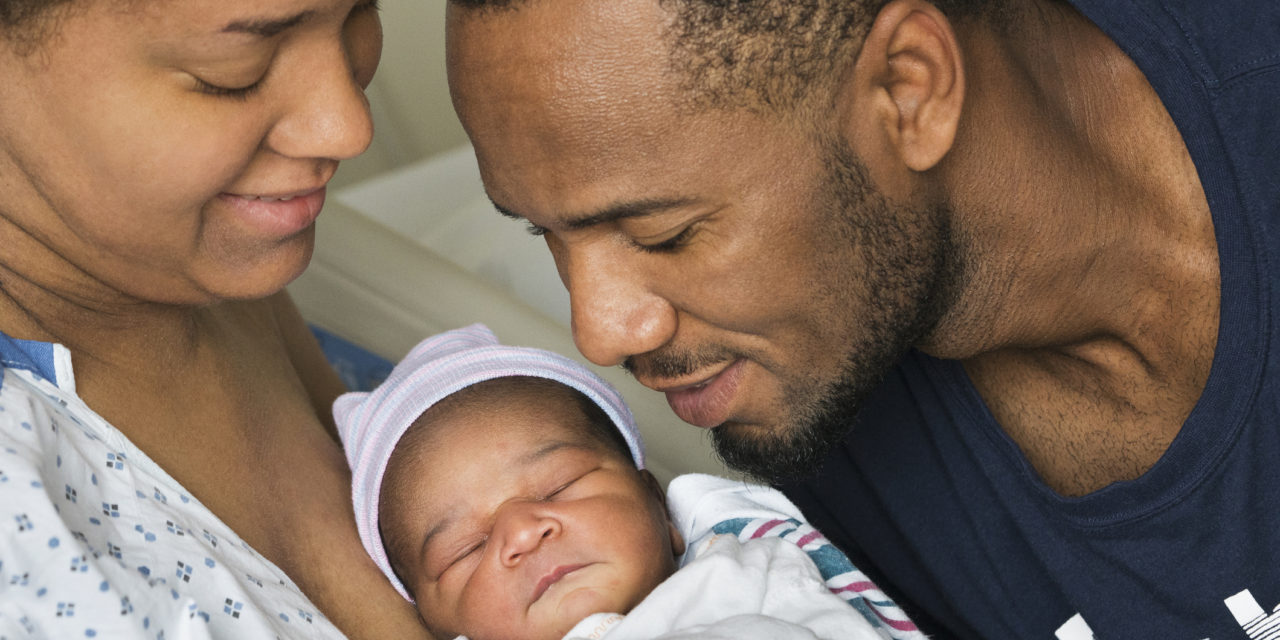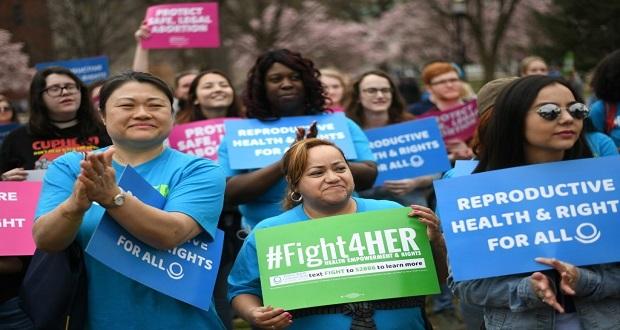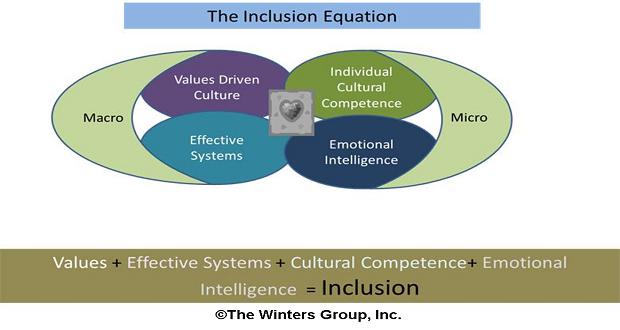
“The most disrespected person in America is the Black woman. The most unprotected person in America is the Black woman. The most neglected person in America is the Black woman.” — Malcolm X
The past few years have caused me to view my life through a lens of reflection. More recently, I have been examining the word “advocacy” and have experienced an increased sense of responsibility. The word is so heavy as it demands full commitment, conviction, courage, and calling: A commitment to my people, a conviction to fight the systems of oppression that harm my people, and courage to empower Black men and fathers with the knowledge to advocate for others. For purposes of this reading, I want to focus on that last word I used to describe advocacy: a calling.
A commitment to my people, a conviction to fight the systems of oppression that harm my people, and courage to empower Black men and fathers with the knowledge to advocate for others. Click To TweetOn a fairly consistent basis I engage with beautiful, bold, and bright Black fathers who struggle to identify when to advocate in a particular area of their life. While there are many areas where we as Black men are responsible to use the power of our agency, I want to address the area that I didn’t fully understand myself when I experienced it. A moment in which the weight of responsibility can have generational impact. A moment in which the strength of your voice, the power of your presence, and the necessity of your knowledge is vital in protecting “the most disrespected, unprotected and neglected person in America,” the Black woman.
Statistics have shown Black women are more likely to die from pregnancy complications than white women and other women of color. A leading health professional described their experience in this way, “Basically, Black women are undervalued. They are not monitored as carefully as white women are. When they do present symptoms, they are often dismissed.“ You see, from my point of view, the moment one becomes a Black father, one is now indebted to advocate for the Black woman throughout her journey of becoming a mother.
The moment one becomes a Black father, one is now indebted to advocate for the Black woman throughout her journey of becoming a mother. Click To TweetNow, this doesn’t mean we show up for them in the ways in which we determine necessary. Rather we lean on their wisdom and experiences and provide an intentional effort to grow our knowledge base. To this end, I had a conversation with a few mothers about pregnancy, childbirth, postpartum, recovery, and how we can support them during these times. Here’s what they shared:
- Show up for practice: As a friend of mine said, “Be proactive and purposeful in regard to doctor’s appointments.” Mothers are experiencing elevated levels of stress and anxiety amidst the strength they so effortlessly display. Information can be on overload and it would be a benefit to receive all information firsthand, having the opportunity to ask your own questions. An equipped father is an empowered delivery partner.
- Know the game plan: Make an intentional effort to learn their birth plans. You need to know if she wants a natural birth; is she ok with medicine? One mother shared with me, “It’s hard to think straight and stick to our plan sometimes when we are in active labor, and at times providers can deviate from the plan.” Fellas, knowing the plan will empower you to be effective in your role of advocacy and ensuring an efficient birth.
- Make sure ‘postgame’ is covered: This might be the most difficult time for mom. She needs us to appreciate the gravity of her journey. As a mother told me, “be prepared for how things will change during the period after.” Gentlemen, we must be educated on topics such as postpartum and how to be supportive and sustain that support while not burning out ourselves. Your advocacy must extend throughout the pregnancy, during the delivery, and in the weeks to follow the birth.
- Above all else, create an atmosphere of unity: This will be an extremely vulnerable point and the last thing you want is to leave her feeling alone. Through this you are advocating for her feelings, emotions, and capacity to produce a healthy baby. One mother put it as simply as this, “Be supportive, be understanding, and let her know she’s not doing it alone.”
It’s our responsibility to ensure Malcolm X’ words don’t ring true at any point in time during this journey. My brothers, we owe it to our Black mothers, our Black children, and our Black community to acknowledge, accept, and advocate.
My brothers, we owe it to our Black mothers, our Black children, and our Black community to acknowledge, accept, and advocate. Click To Tweet


















